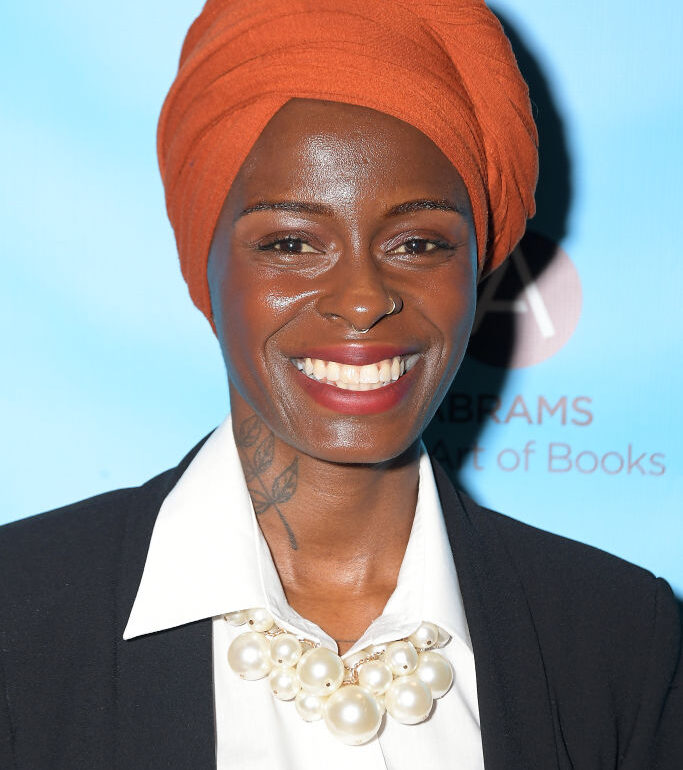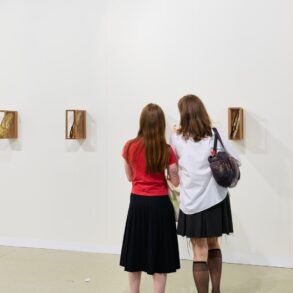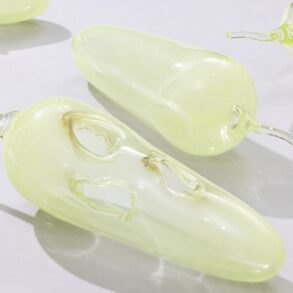When former first lady Michelle Obama’s official portrait was unveiled on Feb. 12, 2018, at the National Portrait Gallery, the crowd present and all who looked on virtually were witnessing major history for Black women artists.
The painter Amy Sherald, who was commissioned alongside painter Kehinde Wiley to paint the official portraits of the former first lady and former President Barack Obama, respectively, was the first Black woman to ever be commissioned by the institution. Wiley was the first Black man.
“As soon as I got that phone call, I realized I was going to be the first,” Sherald told Time magazine. “Then I had to forget about it because it’s just a lot to carry around, like having to make this painting basically for the world.”
She continued, “Having the opportunity to leave behind that kind of legacy is something that I never thought I would be able to do.”
Sherald, known for her often whimsical, intimate, and elegant portraits of Black people with the enduring motif of their skin rendered in grayscale against colored backgrounds, also opened up to the publication about how representation in the field of visual arts deeply matters.
“Not seeing yourself can lead you to not loving yourself,” she said.
Sherald is among a growing group of Black artists presently making serious inroads in the field of art. Some of her peers include Ethiopian-American contemporary painter Julie Mehretu, fiber quilt artist Bisa Butler, the viral self-described “artpreneur” Uzo Njoku, and artist A.M. Darke who has singlehandedly spearheaded diversity in digital art and video games.
While Black women have been underrepresented in the visual arts for generations, they have still been breaking the mold of the traditional white male artist throughout the field.
As Women’s History Month nears its close, we would be remiss if we did not pay tribute to some of art history’s most celebrated Black women pioneers.
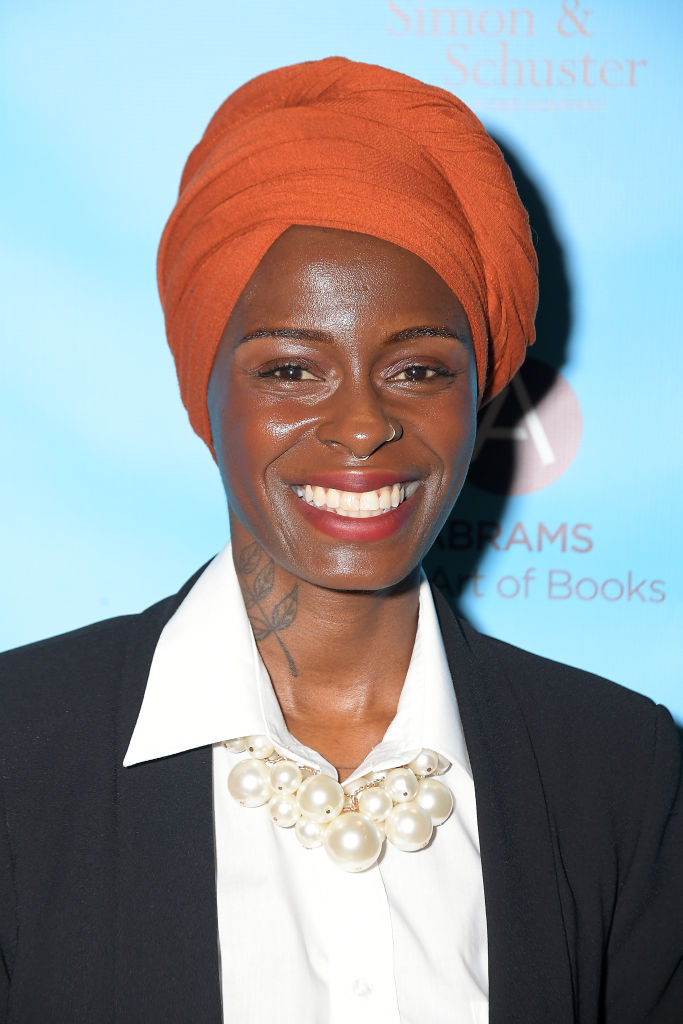
Toyin Ojih Odutola
Sherald may have been the first Black woman commissioned by the National Portrait Gallery, but she was not the last. In 2022, the Nigerian-American contemporary artist Toyin Ojih Odutola was commissioned to craft an original portrait of none other than tennis champion Serena Williams. Some may know Odutola’s name from Fox’s “Empire,” which famously featured her work and gained her a substantial following. Odutola is known for pushing the boundaries of traditional portraiture through her uniquely whimsical multimedia drawings and works on paper. Much like her portrait of Williams, many of her works invite the viewer into vivid scenes of Black life.
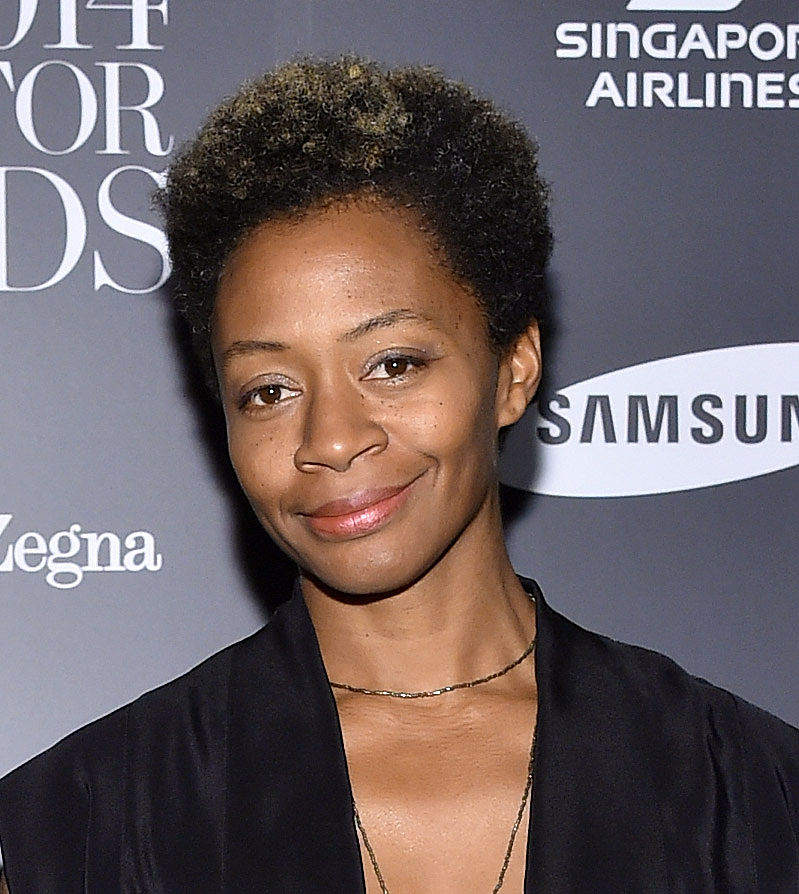
Kara Walker
Considered in many art circles one of the most important artists of our modern era, Kara Walker is a rare talent who daringly challenges themes around race and gender. She works in many different mediums, including large-scale public art. Walker, who has been a celebrated artist since the ‘90s and was previously best known for her often brutal silhouettes of antebellum life, went viral in 2014 for her first-ever large-scale public art piece, “A Subtlety, or the Marvelous Sugar Baby.” The work, installed in the former Domino Sugar Factory in Brooklyn, was a massive sugar-coated sphinx-like figure with exaggerated features evoking a “mammy”-like caricature of an antebellum Southern Black woman.
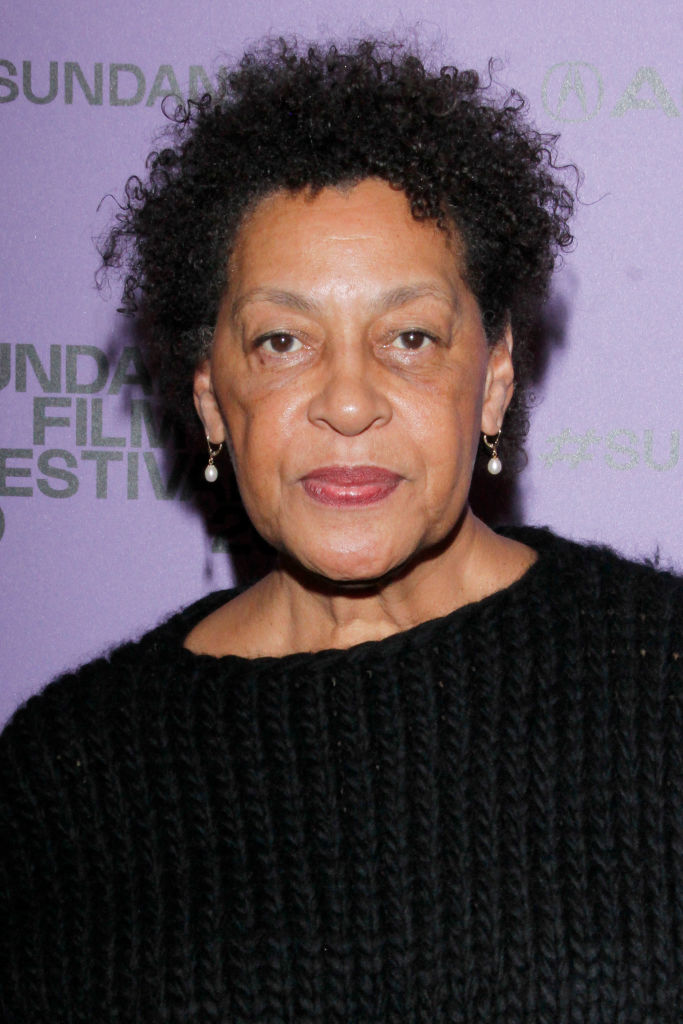
Carrie Mae Weems
Often, photographers are famous for their work behind the camera. In the case of the prolific photographer and interdisciplinary artist Carrie Mae Weems, the artist became known for her work in front of her own camera. In the early ’90s, Weems gained recognition for a photo series that featured herself and others engaged in everyday life, such as Black women and girls’ time-honored tradition of “pressing” their hair, which she called “The Kitchen Table Series.” Weems continues to work in themes around documenting and witnessing history.
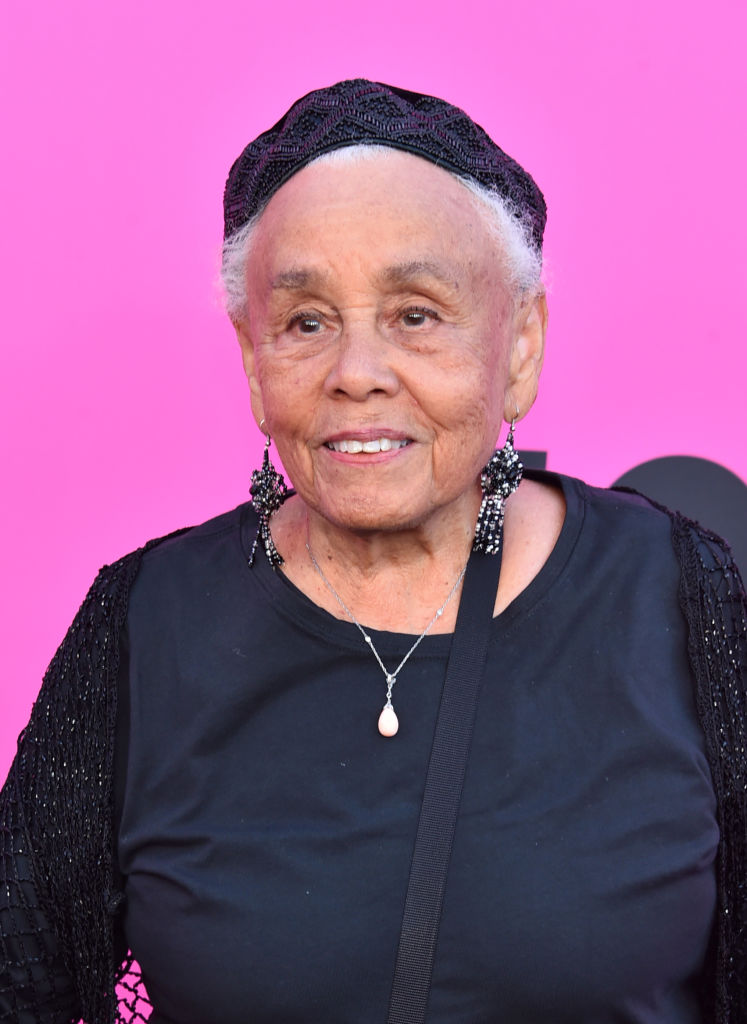
Betye Irene Saar
Black American culture has seen many movements and revivals in its day, including the Black Arts Movement of the 1970s. The pioneering artists spearheading that era included visual storyteller and artist Betye Irene Saar, best known for her mystical and radical work in assemblage, or art made by gathering and assembling a variety of different elements together. One of her most celebrated works is “The Liberation of Aunt Jemima,” a 1972 shadowbox that features multiple caricatures of Black women stacked up against each other.
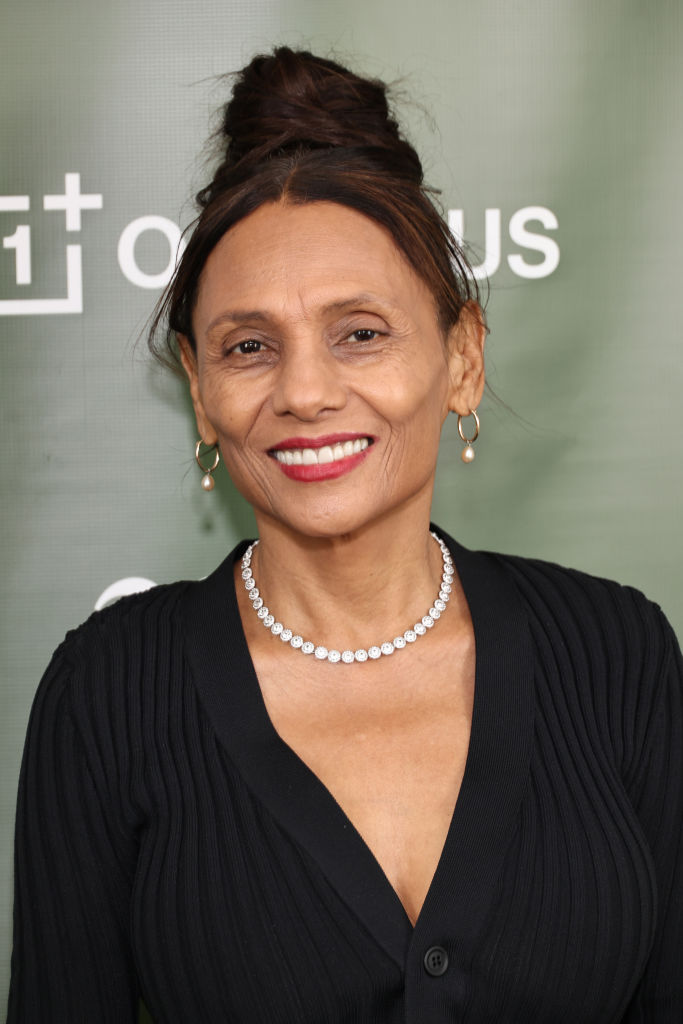
Ming Smith
In 1979, Ming Smith became the first ever Black female photographer to have work acquired by the Museum of Modern Art in New York City. Since then, her work has only continued to thrill. From intimate black-and-white photographs taken at curious vantage points to warm, vibrant cinematic shots of celebrities, Smith’s work is often compared to scenes from dreams. Perhaps her talent behind the camera stems from the fact that she was also a barrier-breaking model alongside none other than Grace Jones.
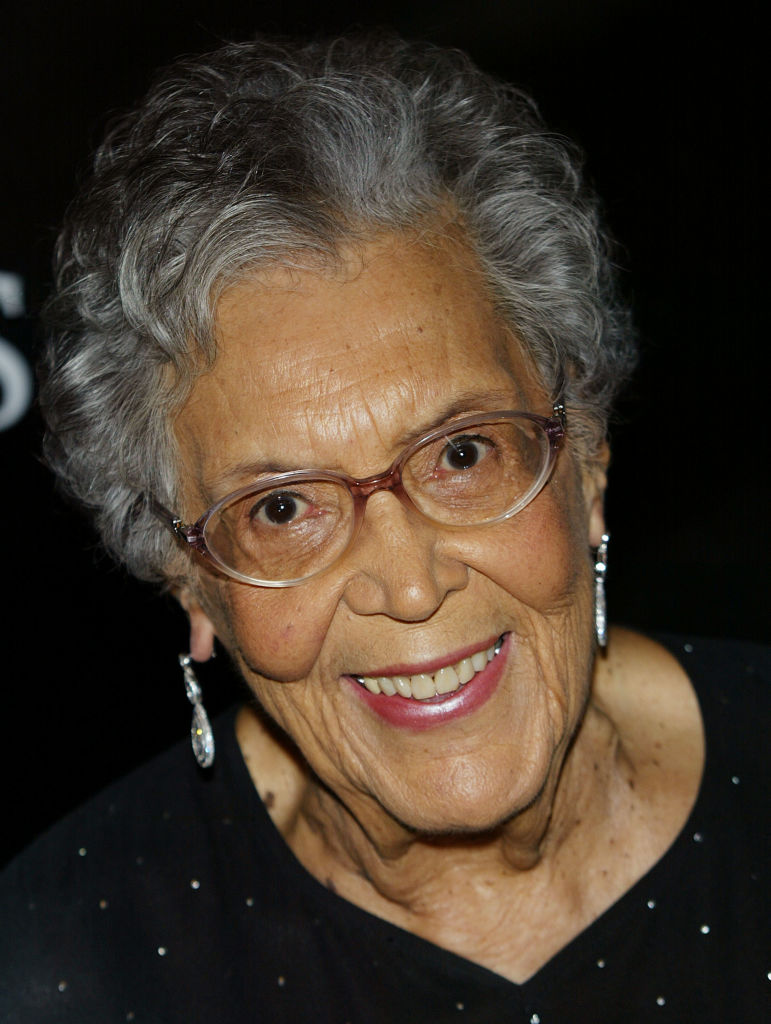
Elizabeth Catlett
Elizabeth Catlett was a sculptor, painter, and artist who, after studying art at Howard University in the 1930s, eventually settled in Mexico. Despite living and working in Mexico, she was a vocal supporter of the Black Civil Rights Movement, so much so that her work and advocacy resulted in her citizenship being revoked by the U.S. government, and she was barred from ever returning to her native country. While her citizenship was eventually restored in 2002, ten years before her death, the artist didn’t let anything get in her way. She famously said, “I have been, and am currently, and always hope to be a Black Revolutionary Artist and all that it implies!”
Recommended Stories
Alma Thomas
It is never, ever too late to start doing something you’ve always wanted to do. The late artist Alma Thomas, for instance, did not start painting until she was nearly 70 years old, and has since become known as a major artist of the 20th century. Thomas, who died in 1978 at the age of 86, was known for intricate designs and patterns painted in vibrant abstract watercolors. She was the first graduate of the fine arts department at Howard University, worked as a high school art teacher, and left behind a body of work that is discussed to this day.
Edmonia Lewis
It’s hard to pinpoint the first Black woman artist in the history of America, but many agree that Edmonia Lewis, who lived from 1844 to 1907, is the first Black woman sculptor the American art world recognized. Not much is known for sure about Lewis’ life, largely because she reportedly had a penchant for stretching the truth. However, she moved around frequently, was educated, and eventually made it to Rome, where other Americans were settling at the time. In 2022, Lewis was commemorated with an official stamp by the U.S. Postal Service. Most of Lewis’ work did not survive the 20th century, although her legacy of daring to depict Black life and indigenous people with dignity and elegance endures through the few works that remain and can be viewed at some of the most important museums in the country.
Kay Wicker is a lifestyle writer for theGrio covering health, wellness, travel, beauty, fashion, and the myriad ways Black people live and enjoy their lives. She has previously created content for magazines, newspapers, and digital brands.
Never miss a beat: Get our daily stories straight to your inbox with theGrio’s newsletter.
This post was originally published on this site be sure to check out more of their content




